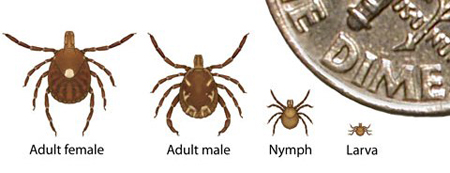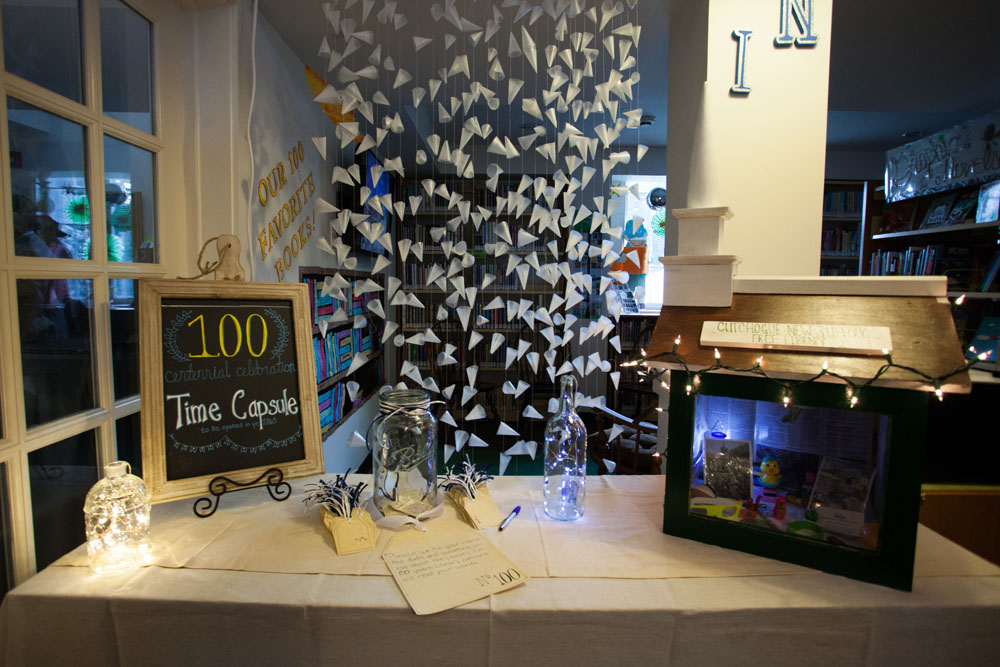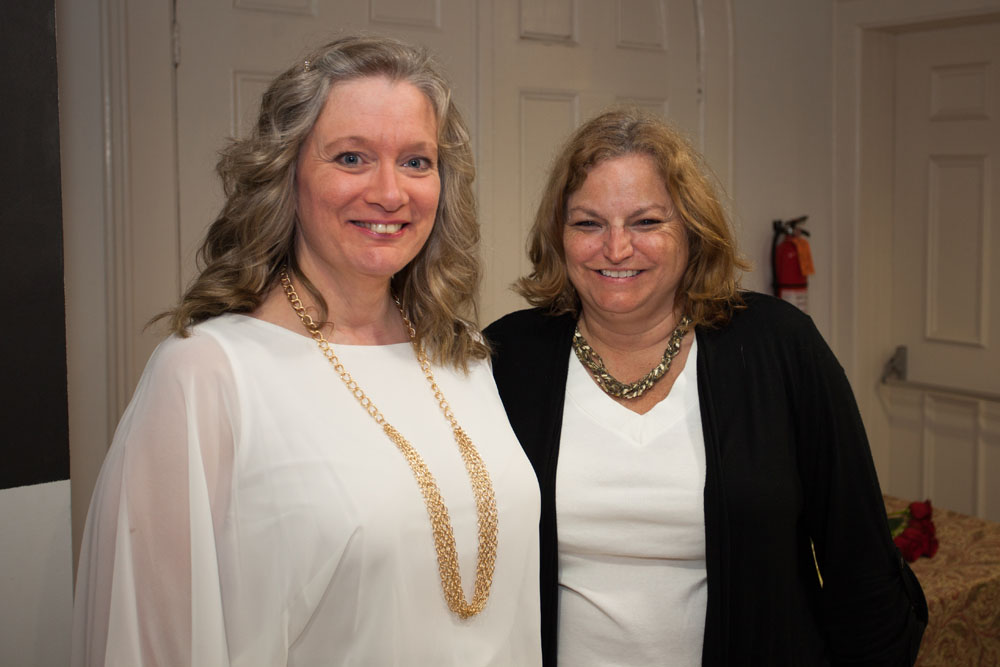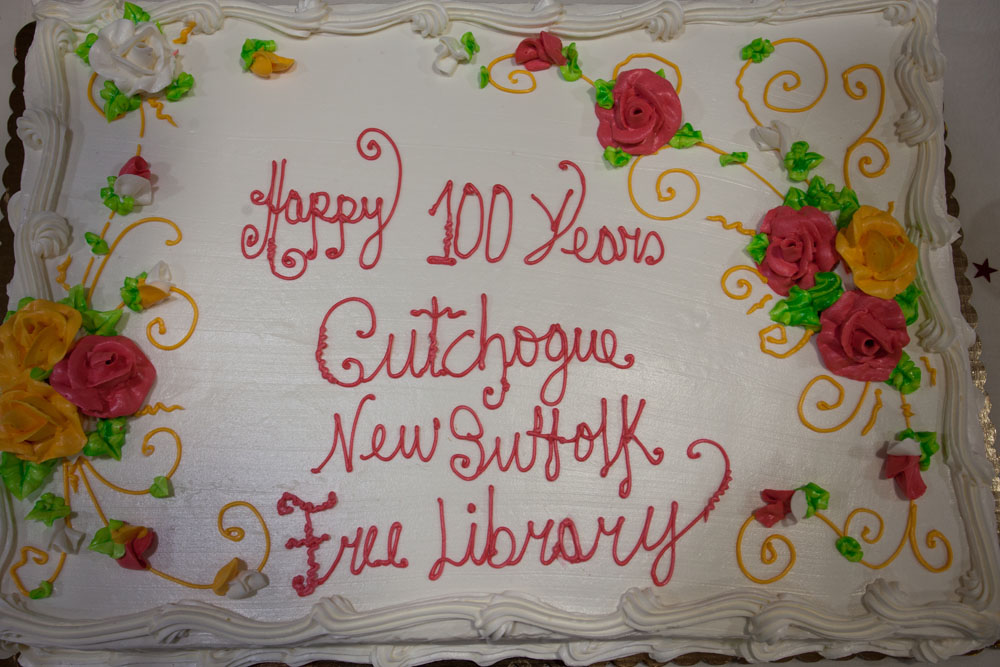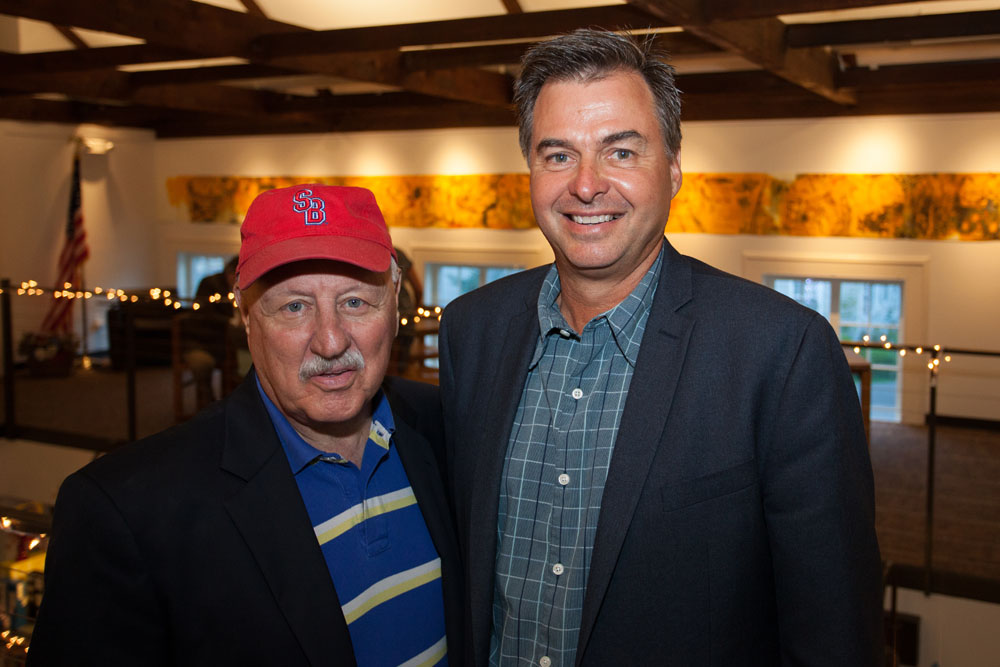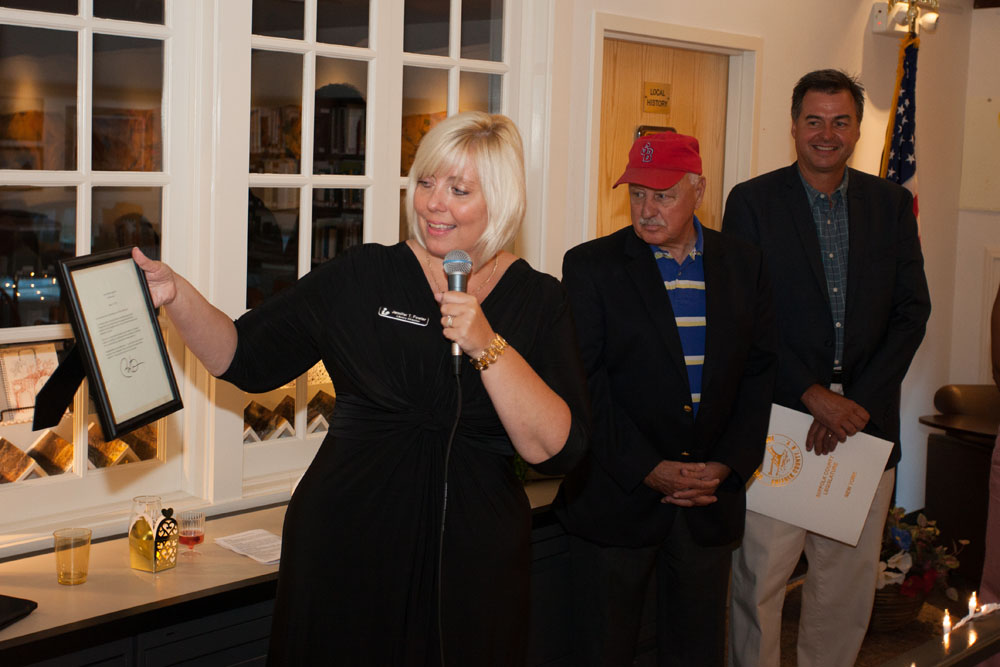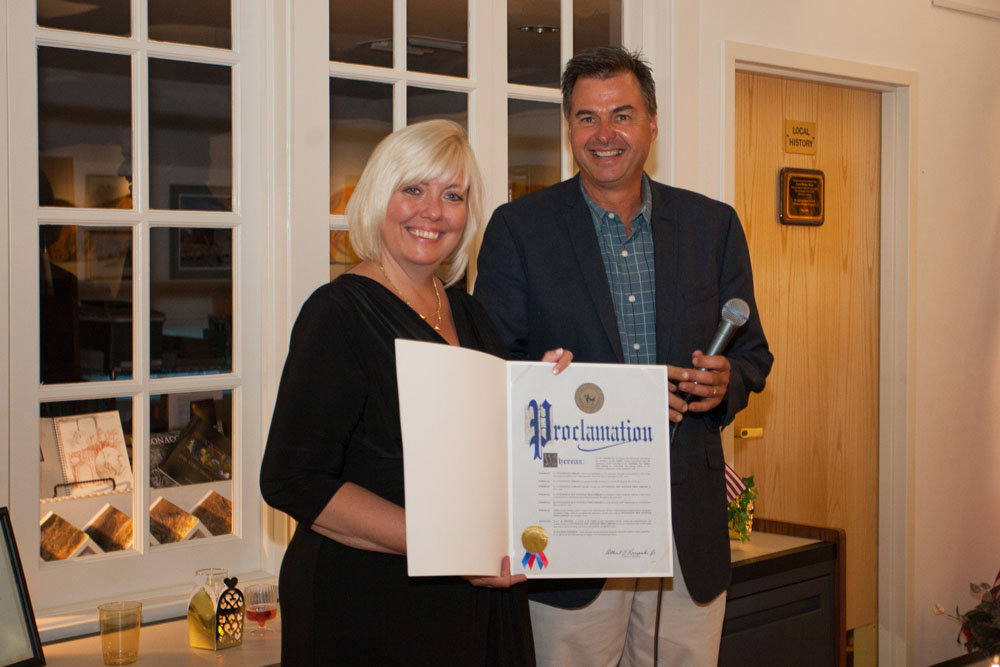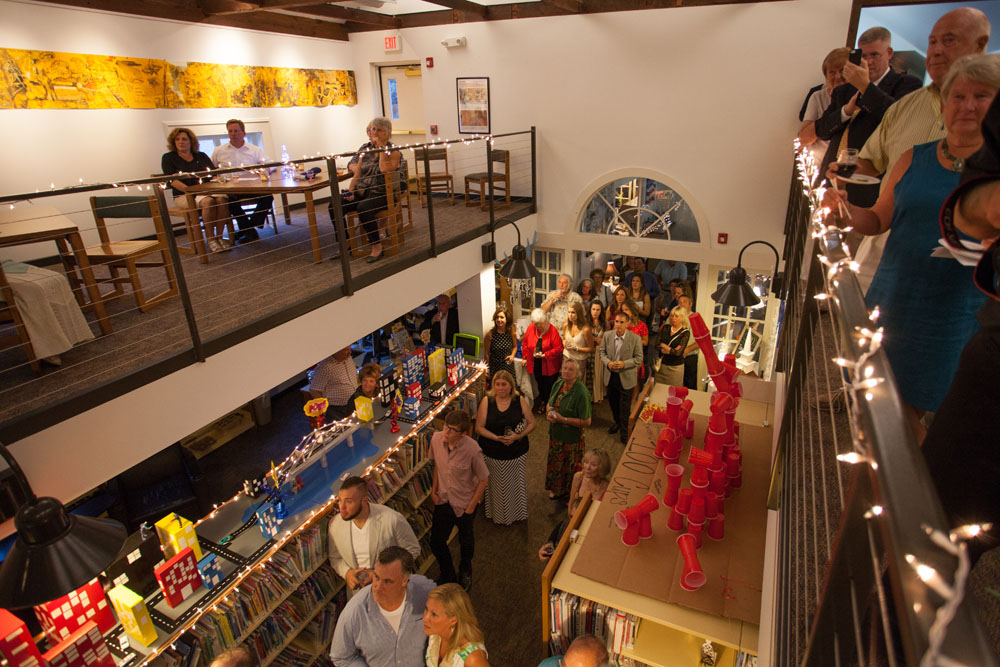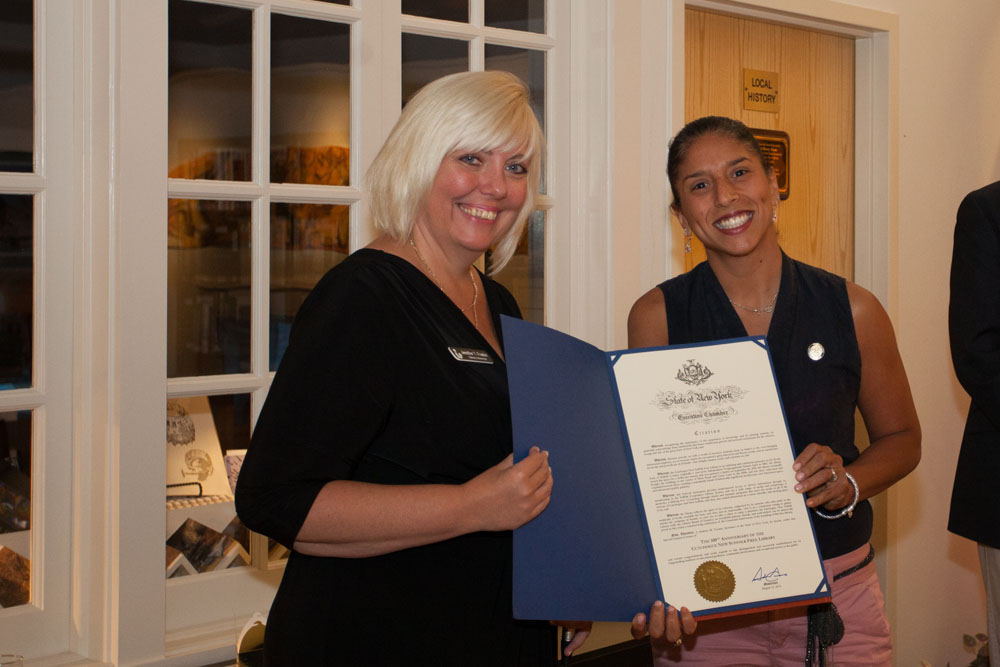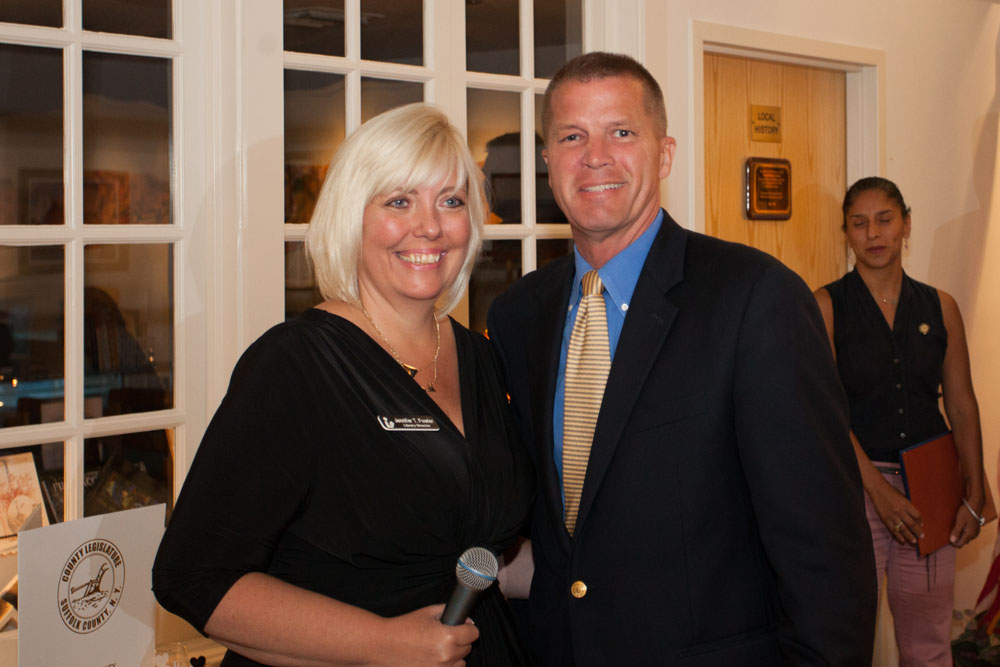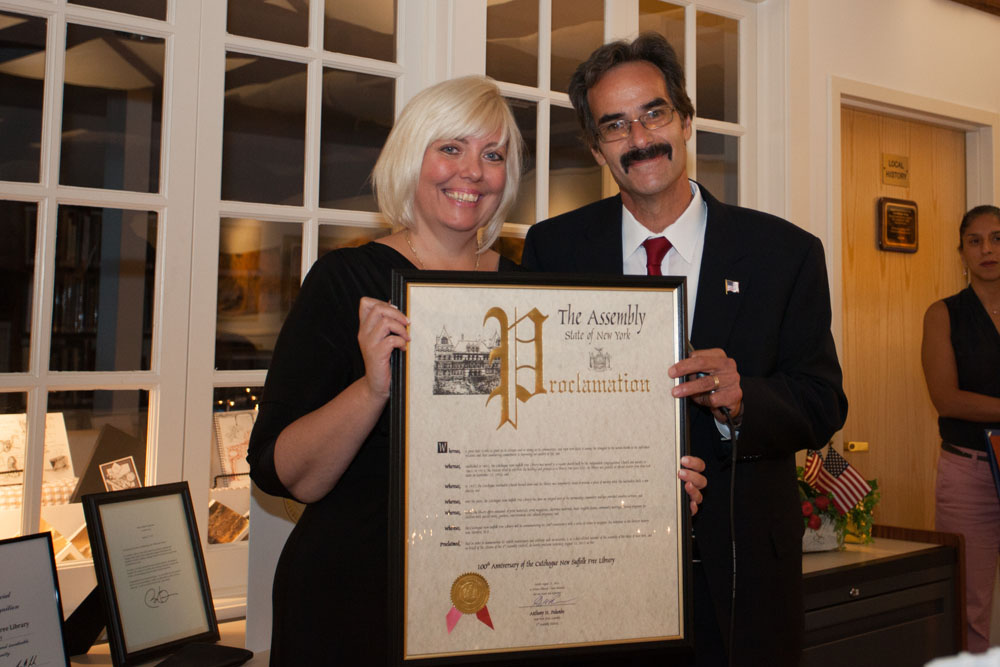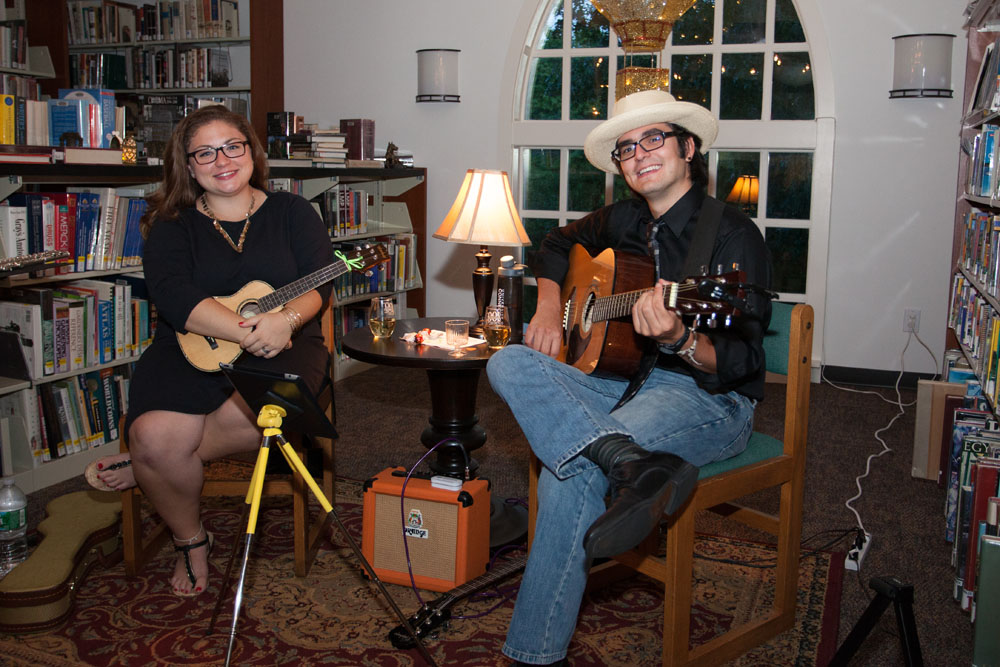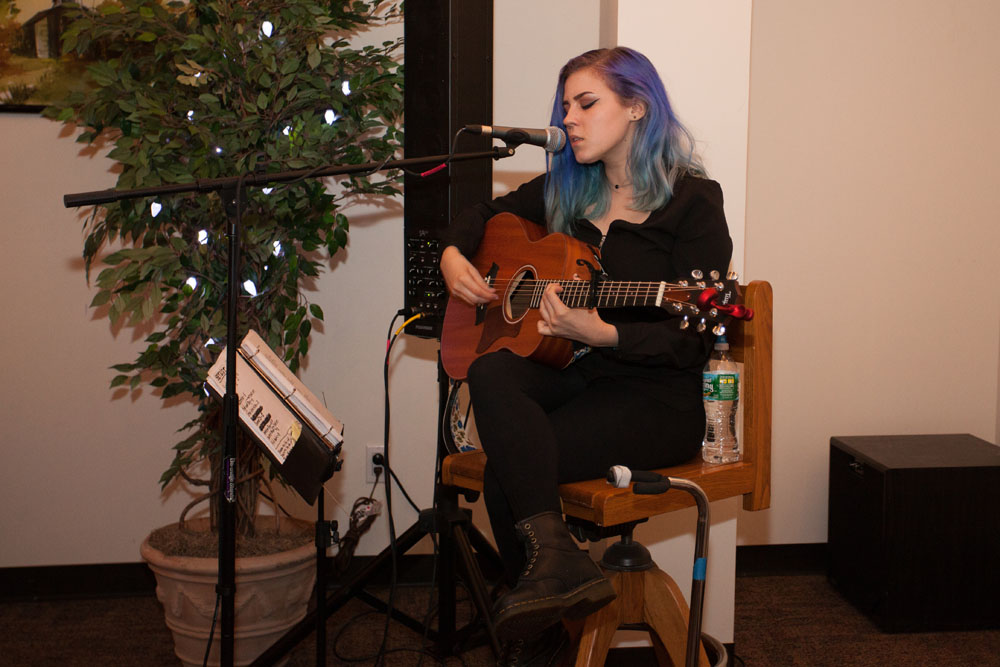![IMG_2909_web2]()
Southold Town, Suffolk County and environmentalists have a new ally in their fight to preserve Plum Island: New York State.
Elected officials from Southold Town and Suffolk County joined several advocacy groups Monday to urge a New York State Assembly committee to preserve Plum Island, which the federal government owns and plans to sell.
“I think it is critical that we join forces and fight this ill-advised sale of the island,” said Southold Town Supervisor Scott Russell. “We need to do everything we can to keep it the way it is.”
It seems the committee agreed.
Based on the concerns raised at Monday’s public hearing before the state assembly’s Standing Committee of Environmental Conservation, state officials will draft a “battle plan,” in the words of State Senator Kenneth LaValle (R-Port Jefferson), for how they can fight to preserve the area as open space and avoid damaging its unique, diverse ecology.
Once they have that plan, state lawmakers will begin to put pressure on the federal government to meet local’s wishes.
“Currently the property could be sold to a private entity, like Donald Trump to build a golf course,” said Assemblyman Anthony Palumbo who represents the North Fork.“We need to force them to come up with some sort of conservation plan.”
Mr. Russell, along with Suffolk County Legislator Al Krupski, and Brookhaven Town Supervisor and former Legislator Ed Romaine opened the roughly five-hour hearing as roughly 40 people watched from the audience.
Representatives from several non-governmental groups, including the Preserve Plum Island Coalition and the North Fork Environmental Council, also spoke at Monday’s meeting, also discussed how to keep Plum Island as open space.
The 840-acre island off Orient Point now houses a Department of Homeland Security animal-disease research center. That facility employs about 400 people, half of whom are Long Island residents, according to Mr. Palumbo.
But in 2008, a federal act authorized the construction of a new National Bio- and Agro-Defense Facility in Manhattan, Kansas. Since that will replace the Plum Island center, the government is required by the law to sell Plum Island in the next five to seven years.
Opponents are concerned the island could be developed, thereby destroying the land’s natural habitats. Currently, Plum Island is home to undisturbed wetlands and hundreds of species, including piping plovers, which are endangered in the state.
“There will never be another Plum Island, and there will never be other opportunities to simultaneously protect this remarkable national treasure at the confluence of two national estuaries while developing an innovative opportunity to promote cutting-edge research,” said Robert DeLuca, president of Group for the East End.
Supporters of conservation brought up strategies to stop the sale of the island, including lobbying Congress to revoke the act putting Plum Island up for sale, designating the island as property for the U.S. Fish and Wildlife Services, selling it to New York State or a non-profit group that will focus on preservation, or — if necessary — filing a lawsuit against the government.
“This is the number one biological hotspot for the entire state of New York,” said Assemblyman Steve Englebright (D-Setauket), who is the chairman of the committee. “This has to be a priority.”
As he spoke, someone in the audience applauded.
Efforts are also underway in the federal government to reverse course on a Plum Island sale. U.S. Congressman Lee Zeldin (R-Shirley) introduced a bill in April to reverse the 2008 law that mandated the sale of Plum Island.
On Monday, a legislative assistant Kevin Dowling spoke on Mr. Zeldin’s behalf to support the island’s conservation.
“The congressman stands firm for local control,” he said. “The Town of Southold, which has jurisdiction over this island, has made it clear: no private development should be permitted on the island, sale or no sale.”
In 2013, Southold Town voted to set its own zoning regulations on the island in an attempt to push for preservation in light of the pending federal sale.
During Monday’s hearing, Mr. Russell suggested forming a partnership with Long Island universities to establish a new research center on Plum Island should the government facility close.
“Southold very much wants to see it stay as a research facility,” Mr. Russell said during his testimony. “It’s a research facility of international importance.”
Mr. Palumbo said the state would try to block the sale to the wrong owner.
“The town can zone it all they want,” he said.“We want to try to block the sale completely.”
Comments will be accepted until next week via email and snail mail for those who could not attend Monday’s hearing.
“I think it’s a start,” Mr. Palumbo said of the committee’s decision.“I think now we’ve got bipartisan support and this is something we can all join hands about … and get a comprehensive plan together so if it is sold, it’s not a detriment to the environment.”
“If we can’t stop it, we will have a Plan B,” he said.
clisinski@timesreview.com
Photo caption: From left to right: Southold Town Supervisor Scott Russell, Suffolk County Legislator Al Krupski and Brookhaven Town Supervisor Edward Romaine address a state assembly committee about preserving Plum Island.










































